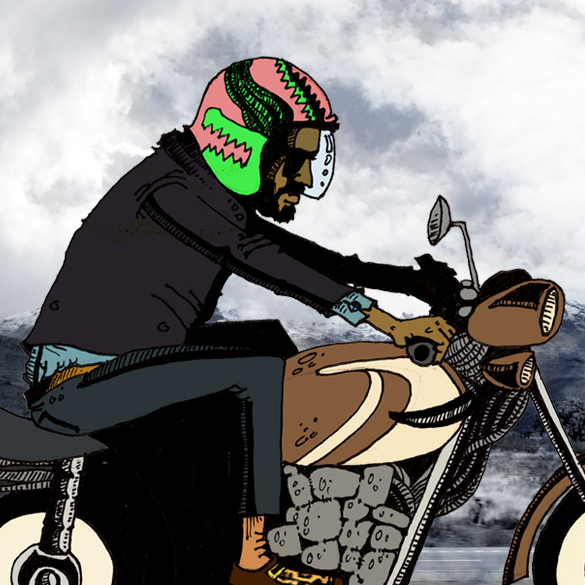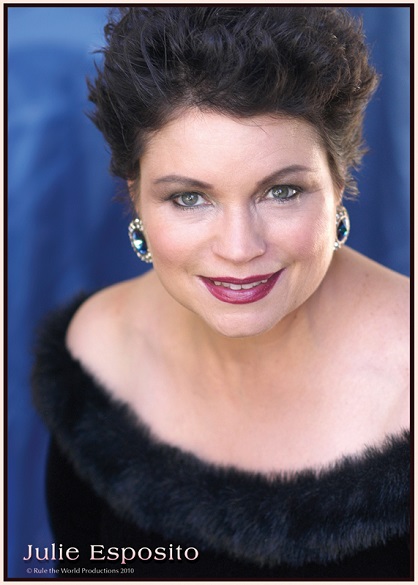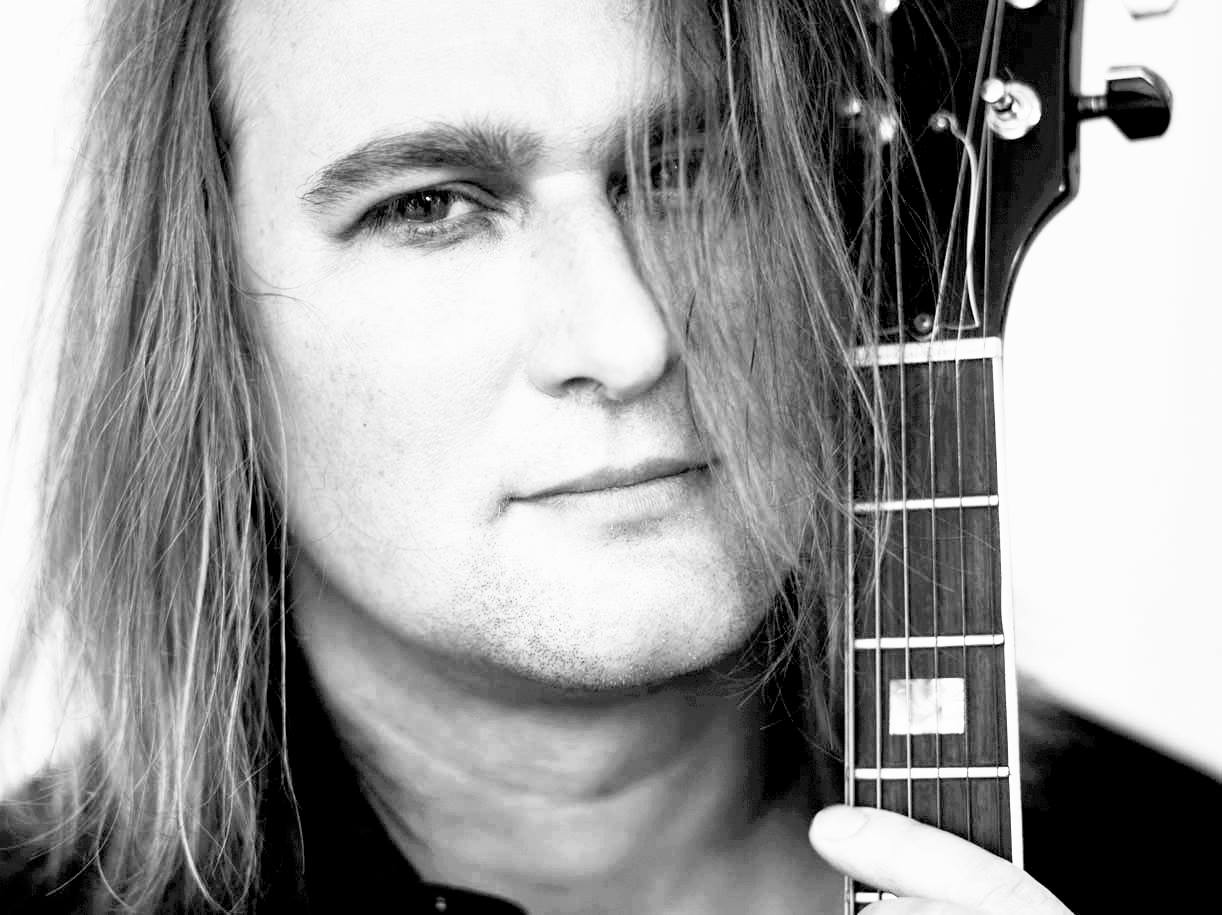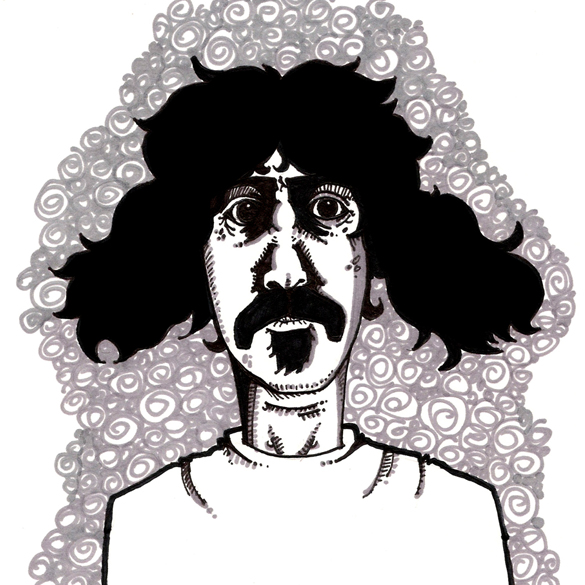The act of riding a motorcycle puts before safety and stability, impulse, adrenaline and image. For George Lewis Jr., it’s a vehicle not for traversing physical spaces so much as those of the mind, and it seems to work best when ridden solo. The ride is then somewhat egotistical and nihilistic, and that combination apparently makes quite a good muse for a pop album.
Confess, Lewis’s second LP under the Twin Shadow moniker, owes its existence to early morning motorcycle rides in Los Angeles, which helped the Dominican-born songwriter to reach some nirvana-like state. The album contains, at points, hints of such furious energy as translated into unabashedly eighties-influenced pop. It’s the same translation from energy to music that Bruce Springsteen engages in, if the boss had had a musical aesthetic that was more along the lines The Police or Flock of Seagulls.
“I’ve been working on making it start,” sings Lewis in “Run My Heart,” reminding me just a little of Springsteen’s famous line, “can’t start a fire without a spark.” The same reverence for passion inhabits this album, and that is perhaps what Lewis confesses more than anything else. Love, he maintains, cannot be analyzed or forced into existence, only recognized, as the confident declaration of the chorus makes clear. “This isn’t love,” he cries with a runaway’s passion.
Twin Shadow pulls off the eighties New Wave musical aesthetic so well because his music gets to the fundamental sentiment of the music that I readily associate with that decade, and twists it into something new. He’s not running so far away so much as accepting escape as his permanent state. Then, the album deals with the real-world consequences of such an outlook. The song, “Beg for the Night,” is not a description but a command to the listener, or the song’s “other,” to come to his side. “Come, beg for the night / feel a bit more,” the song opens. The advantages of doing such are captured by the swelling synths which build as the song goes on.
For those of us who spend our lives in mundane, unexposed comfort as we roll down life’s road, it’s hard not to admire those who seem to have a rearranged hierarchy of needs, such that “experience” comes before everything else. Most of us don’t choose this path because to truly do so requires a disregard for stability, and, in turn, to the emotional needs of others. “Before the night is through I’ll say three words / I’ll probably mean the first two and regret the third / I don’t care,” as he says in the song titled after that last line. Like the tribal grunts in the background seem to emphasize, he’s seeking a more visceral fulfillment that modern life seldom offers, except perhaps when strapped to two wheels and an engine, flying down the LA blacktop.
The songs of Confess express little regard or tolerance for people who haven’t experienced the same beatnik enlightenment, and in fact he seems to forget that peace because of a square individual in the song “Patience.” He sings repeatedly in that song, “Patiently waiting for you to give up everything and say just what you mean,” seeming to indicate a distinct anxiety and impatience with this person who “analyzes every kiss.” After all, Lewis has already established himself as the person who knows “it’s absurd to cherish every kiss,” in “Beg For The Night.”
The album ends on a hidden track track, “Mirror In The Dark,” which seems to be hidden less for lack of quality, and more for the just how dark it’s message is. Lewis acknowledges what lies behind his love of being in motion. “You can learn to be still but we will always be broken.” In stillness, he’s forced to confront himself, and only in the quick, all-consuming rush of high-speed indulgence does he escape his brokeness. Thus his songs lack any semblance of “stillness,” and are instead replete with track-filling, rush-inducing synthesizers, guitars and programmed drums. With a less passionate artist, such sounds might come off as cheap influence, but Lewis owns the eighties aesthetic as if it the entire decade of music existed to be the vehicle for his discontent.
____
This article first appeared at Pretty Much Amazing, a fairly OK music website.



